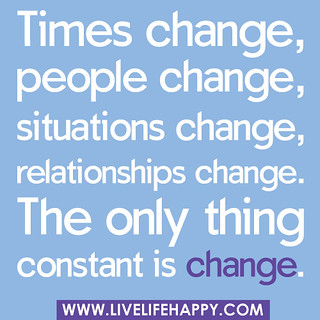
“We have two selves in the world at any given time now. We have the physical self, our flesh and blood, our voice, our presence in the world which extends beyond our bodies but lives in this physical space. There’s this other space, we started out calling cyberspace a long time ago, but it’s a real thing. It’s a data space.”
…Doc Searls
There is one charity I always give time and money to, the Open Rights Group. For me our human rights transcend (must/should) into the digital domain. Its the new battleground. Its also something lots of people are not really aware of or take for granted. But every week there’s another news story of our digital rights being taken for granted and abused on unimaginable scales.
Digital rights are your human rights in the digital age. They are one of the most important aspects of your human rights today: privacy and free expression online are among the most contested. The digital rights movement exists because we need people to understand how technology is shaping our rights, for good and for ill, and who it is who is seeking to employ and capture technology for their benefit rather than yours.
There are positive and negative sides which I have written about many times.
Its becoming clear that the services we use, connected objects and spaces we inhabit are collecting our personal data. What they are doing with that data is only one of the question asked in ethics of data documentaries.
The documentaries which were put together by BBC R&D, exploring the implications for digital right through the lens of the physical internet, personal data, data ownership and data management.

For many people the internet is still an entity which exists in a box, be it a desktop computer or laptop. This notion is pretty much broken by mobile devices and smart tvs. LG and Samsung have both been caught out using personal data in ways undesirable by most people were not expecting. But thats only the tip of the iceberg as Alex says…
“You could make a good case for technology to be imbedded in everything we know. What kind of technology it is and what does it do, and what purpose does it serve is always the next question“
Its time to consider a much wider context that most people think about when they hear internet of things. Think smart homes, cars, spaces and cities.

You’re personal data and privacy?
The comments made by the likes of Vint Serf about privacy being an anomaly and this being a digital dark age. It made sense to try and tackle the big issue of privacy in the digital age. There so much which could be explored as this is a very deep and complex subject. There is only so much you can explore in minutes, but I feel Jon highlights why this is more critical than ever before.
“We always make mistakes and we always want to forget them and the trouble with the internet is that we can’t forget them.”
Its about ownership and choice?
It all seems pretty scary and negative, and it never was meant to be. So to underline the choices people need/should make, we looked into ownership and choice. Something I have through a lot about especially with my history with dataportability. Early adopters are not only collecting their own data but also analysing it and quantifying it. As Adriana says…
“The quantified self is that, is the living, breathing part of the web or the technology scene where people genuinely care about data.”
The documentaries are made so you can comment directly on parts (thanks to reframed.tv), so please do. We look forward to the discussion and don’t forget to join our diigo group bookmarking related news stories.







